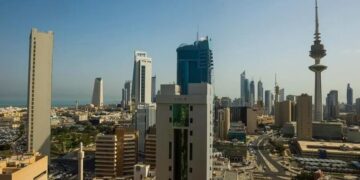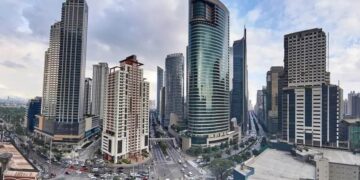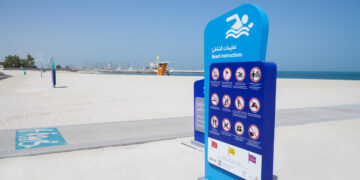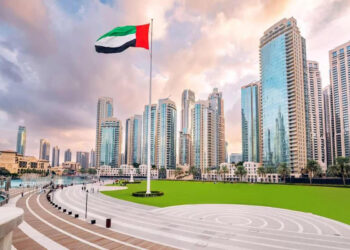Private developers in Dubai anticipate the impending enforcement of rules governing all-cash property sales, with only up to Dh55,000 permitted as ‘physical’ cash in future transactions.
Already, two of Dubai’s leading master-developers have implemented the plan, and the impact on the Dubai property market is significant, given that they account for 30-40 percent of property sales in value terms. Late last week, the two master-developers informed clients and partners of their decision to limit cash payments to Dh55,000, with the remainder to be processed through banking channels.
Sources at private developers say they expect the authorities to soon bring in such upper limits on cash purchases across the board. “It’s unlikely that the Dh55,000 cut-off will only be followed by two master-developers,” said the CEO at a leading private developer. “Clearly, there is a move to bring down all-cash sales in the Dubai property market for greater transparency on such deals.”
Developer sources hope to complete any all-cash sales they are currently pursuing before any new rules take effect. Property transactions involving ‘physical’ cash can account for up to 20% of all transactions in Dubai at any given time. This could now be eliminated entirely if the Dh55,000 ‘physical’ cash limit is widely implemented.
Developers and brokers are already required to strictly adhere to the ‘track and trace at source’ policy regarding their buyers’ antecedents.
Expansion of AML rules
The Dh55,000 ceiling expands on all of the UAE’s existing anti-money laundering (AML) and KYC (know your customer) regulations.
According to Sameer Lakhani, Managing Director at Global Capital Partners, “Even if only part of the funding is done in cash and the rest through banking channels, the onus is still on the banks, brokers and developers to be clear about the source of funds and of the buyers’ KYC.”
Risk assessment
When it comes to risk assessments from a property deal perspective, the following details must be verified:
Customer specific. Whether the individual is sanctioned or not, has a criminal record, residency status, and is a ‘politically exposed person’).
Transaction specific. Determine the source of funds. Is it a payment from third parties?
Jurisdiction. Whether the individual comes from a blacklisted country or a tax haven.
The delivery channel. Whether the transaction takes place directly with the buyer or through an intermediary.
Buyers must take note – brokers too
It is not just about developers, brokers, and banks working together to ensure that everything is in order.
Buyers too must exercise extreme caution in having all the facts ready as they too could face severe sanctions in case of omissions. “It’s not only the tax authorities that are watching – it’s the AML courts and the best-in-practice regime that the UAE has put into place,” said an industry source.
“Given that there are clear best practice rules, the UAE authorities have shown a willingness to crack down on faulty deal making where AML rules are not followed,” said Naqqash Ahmed, CEO of Capital Plus.
“They have sanctioned brokers for not reporting suspicious transactions. Brokers will need to take these rules seriously, because they potentially stand to lose their livelihoods if found to be at fault.”






































































